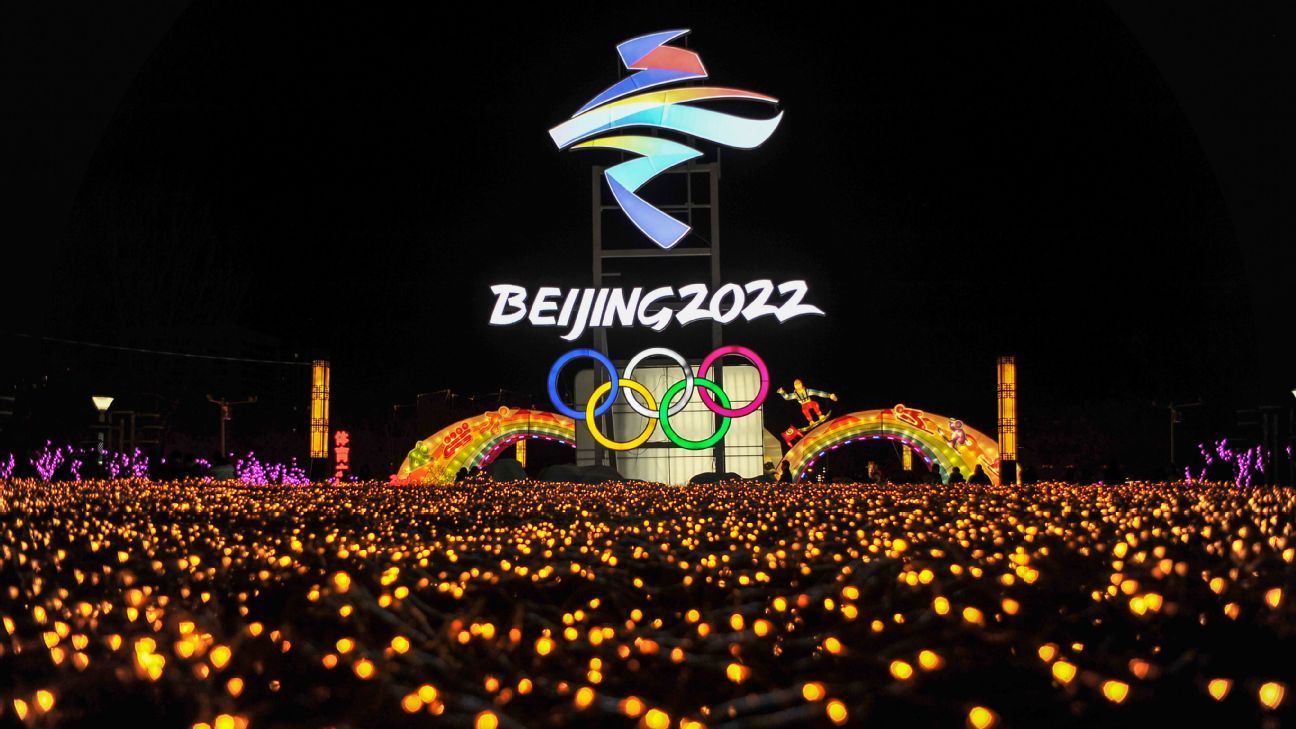
2:11 PM
The White House confirmed Monday that the US will boycott the Winter Olympics in Beijing to protest Chinese human rights abuses.
The White House will not be contributing to the fanfare of the Games, according to Jen Psaki.
"We simply can't do that because of the PRC's egregious human rights abuses and atrocities in Xinjiang, and we would treat these games as business as usual," Psaki said.
We are committed to promoting human rights. We will continue to take actions to advance human rights in China and beyond.
The White House will host a virtual gathering of leaders and civil society experts from more than 100 countries on Thursday and Friday. The administration said that Biden would use the meeting to announce both individual and collective commitments, reforms, and initiatives to defend democracy and human rights at home and abroad.
The chairman of the Senate Foreign Relations Committee called for a diplomatic boycott of China because of its human rights abuses.
He called on other allies and partners to join with the United States in boycotting diplomatic missions.
The Chinese Foreign Ministry accused the U.S. politicians of exaggerating the issue of not sending officials to attend events that China hopes will showcase its economic development and technological prowess.
Speaking to reporters at a daily briefing, Zhao said such a move would be an "outright political provocation."
Human rights advocates in the U.S. support a boycott. They say that China is using the Games to whitewash its poor treatment of civil rights activists, political dissidents and ethnic minorities.
"American politicians keep hyping the so-called diplomatic boycott of the Beijing Winter Olympics, which is purely wishful thinking, and is being used as an excuse to stage a protest against China," said Zhao. China will retaliate if the U.S. side goes its own way.
The sending of high-level delegations to the Olympics has been a tradition among the U.S. and other nations. Bush attended the opening of the Beijing Olympics. The American contingent to the Summer Olympics in Tokyo was led by the first lady, and the second gentleman led the delegation to the Paralympics.
As the U.S. tries to repair relations with Beijing, it maintains a tough approach toward trade and conflicts over China's actions on Taiwan, human rights, Hong Kong and the South China Sea. CNN reported that an announcement was expected this week.
Beijing has responded to all U.S. criticisms by banning visas for American politicians it deems to be anti-China.
It wasn't clear who the U.S. might have sent to Beijing for the Games, and the comments of Zhao seemed to indicate that China had not extended any invitations.
Australia, whose ties with China have nosedived over a range of disputes, has raised the possibility of a diplomatic boycott.
